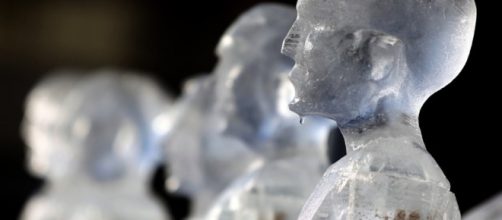At 14 years young, a London girl died of cancer and her last wish was to be cryogenically frozen in hopes of being awakened 200 years later. Her desire to be preserved stems from optimism that the future holds a cure for her specific cancer. Fighting for the life she has yet to live, she called on a high court judge to intervene and prevent her disagreeing parents from making alternate burial arrangements. Following court success and her death on October 17, her body was frozen and sent to a storage facility in the US; Russia is the only other country to have a similar facility.
Young and hopeful outweighs scepticisms
This young girl possessed a rare mentality towards the prospect of living a long life. Her plight for being revived in the future has sparked old and new interests in cryogenic freezing. The technology behind #cryogenics is something that not many people are on board with yet because there is currently not a successful method for bringing people back from frozen. However, some members of Cryonics UK believe that science will eventually make this a reality.
Reanimation: Surviving defrost
The process of preserving the body in a frozen state currently has some inevitable and irreversible effects. When the water found inside our cells freezes, the ice crystals rupture cell membranes resulting in severe damage.
A vitrification method –replacing water with cryoprotectant agents- has been tested on a small scale, but has not been proven to work on humans. The complexity of the human body and sensitivities of vital organs make the freezing and warming procedures very challenging. Research indicates that separate cooling protocols would have to be carried out for each individual organ to remain in tact; the brain is the most problematic.
Additionally, further complications arise when cooling the body to -196 degrees Celsius. The low temperature makes the body extremely brittle and subsequently adds stress to the warming process.
Even if you don’t share a similar mentality, one child’s faith in #cryogenics and what her future might hold is hopeful confidence in technology and science, which is always changing and improving.

